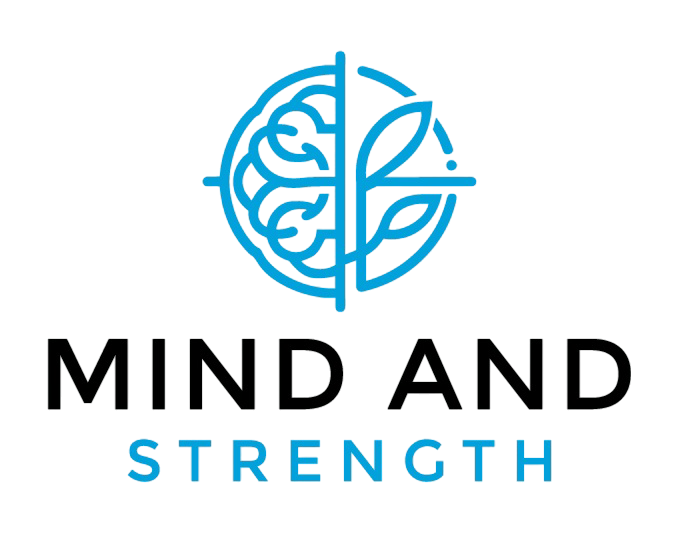
Therapy
Services

We specialise in working with adolescents and adults, grounding our practice in a diverse range of therapeutic models that help develop a shared understanding of difficulties and explore new possibilities for preferred ways of living.
In therapy, we work together to uncover the roots of your difficulties and identify the factors that may be maintaining them. By understanding these cycles, we can collaboratively develop strategies for change that align with your pace and values.
Our approach is integrative and tailored to your unique needs, creating a safe, confidential, and non-judgemental space where your interests and values guide our work together. We draw on the following approaches:
-
CBT is a structured, evidence-based therapy that helps individuals identify and change unhelpful thoughts and behaviours. It is based on the idea that thoughts, feelings, and actions are interconnected, and by challenging negative thinking patterns, individuals can develop healthier coping strategies. CBT is widely used for anxiety, depression, and many other psychological difficulties, with a strong focus on practical skills and problem-solving.
-
Schema Therapy combines elements of CBT, psychodynamic therapy, and attachment theory to address deeply ingrained patterns, or "schemas," formed in childhood. It helps individuals understand how these patterns influence their emotions, relationships, and behaviours. By using cognitive, experiential, and behavioural techniques, Schema Therapy supports long-term change, particularly for those with complex difficulties, including personality disorders.
-
DBT is an evidence-based therapy designed for individuals who struggle with intense emotions and impulsive behaviours. It combines cognitive-behavioural techniques with mindfulness, distress tolerance, emotion regulation, and interpersonal effectiveness skills. Originally developed for borderline personality disorder, DBT is also effective for self-harm, eating disorders, and other emotional regulation difficulties, helping individuals balance acceptance and change.
-
EMDR is a structured therapy that helps individuals process traumatic memories and distressing experiences. It involves bilateral stimulation, such as guided eye movements, to help the brain reprocess traumatic memories, reducing their emotional intensity. EMDR is particularly effective for post-traumatic stress disorder (PTSD) and other trauma-related conditions, enabling individuals to move forward without being overwhelmed by past events.
-
CAT is a collaborative therapy that explores patterns in thinking, feeling, and relating that may contribute to psychological distress. It integrates cognitive and psychoanalytic approaches, helping individuals understand how past experiences shape their current difficulties. By mapping out these patterns and developing new ways of responding, CAT is particularly helpful for relational difficulties, personality disorders, and long-standing emotional problems.
-
ACT is a mindfulness-based therapy that encourages individuals to accept difficult thoughts and feelings rather than struggle against them. It emphasises values-based living, helping individuals take committed action towards a meaningful life despite emotional discomfort. Using techniques such as cognitive defusion, mindfulness, and behavioural change strategies, ACT is effective for anxiety, depression, chronic pain, and other psychological challenges.
